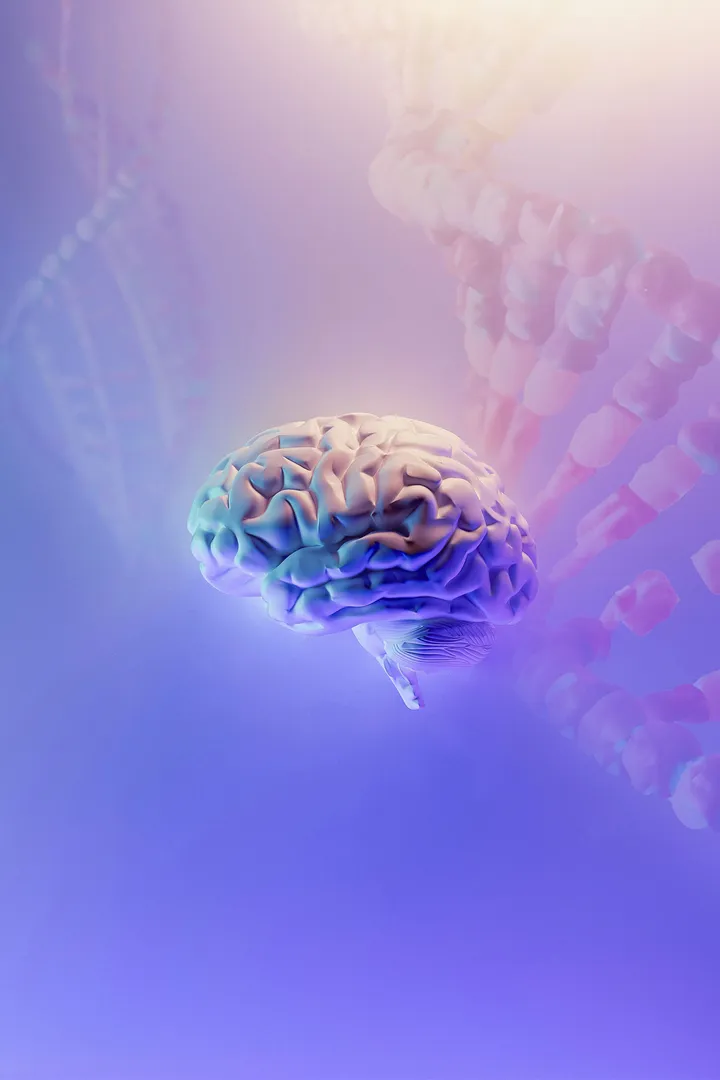The impact of our dementia research
At QIMR Berghofer we have a comprehensive dementia research program that aims to improve our understanding of the underlying causes of dementia, how to better diagnose it, and new ways to treat this devastating disease.
“Sometimes I find Dad staring at a photo of Mum, I’ll ask him what he is doing and he will tell me he is studying her. He says he doesn’t want to forget who she is. Together we must stop this cruel disease. The amazing pioneering dementia research at QIMR Berghofer is the light at the end of the tunnel.” – Bridget Smith
Our researchers have successfully developed a model of the brain to study the ability of drugs to pass across cell barriers

We’re investigating the complex relationship between sleep disorders, particularly obstructive sleep apnea, and dementia.
Our researchers are conducting an Australian-first study into the potential link between bushfire smoke exposure and dementia.
About dementia
Dementia is an umbrella term that describes a collection of symptoms, ranging from memory loss, forgetfulness and loss of judgement, caused by disorders affecting the brain.
The most common types of dementia include Alzheimer’s disease, vascular dementia, dementia with Lewy bodies, frontotemporal lobar degeneration (FTLD) and Huntington’s disease.
Dementia can happen to anyone, including children, but the risk increases with age.
Symptoms include memory loss, difficulty in finding the right words, not understanding what people are saying, difficulty doing day-to-day tasks and changes in personality and mood.
Eventually, people with dementia will become unable to care for themselves and will need help with all aspects of daily life.
Although the understanding of dementia development has greatly increased in recent years, there is still no cure, only treatments that may change disease progression and improve symptoms. Finding ways to prevent or delay the onset of dementia is a key avenue of investigation, which would give people more dementia-free years.
Early diagnosis of dementia is critical for optimizing the care and support provided to individuals with dementia and their families.
Earlier treatment and management can help slow down the progression of symptoms and improve quality of life. It provides individuals and their families’ time to plan for the future. To make decisions about care, financial and legal matters, end-of-life preferences, and identify any underlying medical conditions that may be contributing to cognitive decline.
The dementia research at QIMR Berghofer points to the importance of what we call cognitive reserve, including having and maintaining stronger and more resilient brain connections to protect cognitive function.